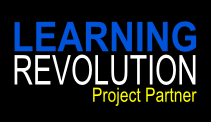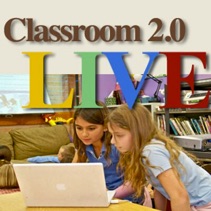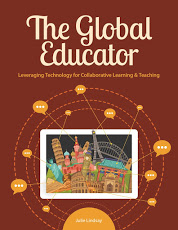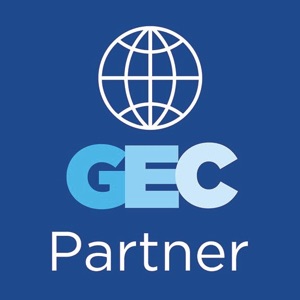Chris Lehmann
Philadelphia, PA
Blog: http://www.practicaltheory.org/serendipity
Marcie Hull
Philadelphia, PA
Blog: http://ecram3.blogspot.com/
Presentation Title
“Planning the 21st Century School”
Bio (Chris Lehman)
Chris Lehmann is the founding principal of the Science Leadership Academy, a progressive science and technology high school in Philadelphia, PA. Chris has returned to his native Philadelphia after nine years as the Technology Coordinator at the Beacon School in New York City, one of the leading urban public schools for technology integration. In 2001, Chris was honored by MOUSE (http://www.mouse.org)/ as a Champion of Technology and Education for his work on building the portal at the Beacon School. Chris has spoken at educational technology conferences all over the world, including the International Conference on Technology and Education in 1998 in Edinburgh, Scotland and at LinuxWorld 2000 in San Jose, California. Chris received his B.A. in English Literature from the University of Pennsylvania and his M.A. in English Education from Teachers College, Columbia University.
Bio (Marcie Hull)
Marcie is the Technology Coordinator, fine arts teacher and technology teacher for the Science Leadership Academy (SLA), in Philadelphia, Pennsylvania. She received her fine arts training along with obtaining her K-12 art teaching certificate and art history minor at Temple’s, Tyler School of Art. A year spent in Italy after college gained her more experience with paint and paining techniques. Marcie returned home and began working for the School District of Philadelphia in 2000. She quickly became a Technology Teacher Leader and developed a reputation as a proponent for technology development in her school for teachers and students. She was able to finish her masters for Technology in Education at Rosemont College in a year and a half. During this time Marcie also obtained a K-12 Pennsylvania Business Technology certification. She went on to become an adjunct professor for Rosemont College, in their Technology in Education Department. Last spring in 2006 Marcie was hired and became part of the founding staff of SLA. She currently writes a blog located at www.ecram3.blogspot.com, where she reflects upon the development of SLA and posts her thoughts and opinions about trends in education.
Description
In this presentation, Principal Chris Lehmann and Technology Coordinator Marcie Hull of the Science Leadership Academy talk with many of the founding members of the Science Leadership Academy, a new inquiry-driven, project-based science and technology high school in Philadelphia. The founding teachers spent seven months planning on and off-line to create curriculum that would take advantage of the progressive pedagogy and 1:1 laptop environment. Now in its first year, The SLA faculty is working to merge progressive, project-oriented pedagogy with 21st Century tools to create a unique opportunity for students in Philadelphia. The school uses moodle and elgg and other open source tools to create its web portal as well as borrowing many of the best teaching practices of the small schools movement, such as longer classes, essential questions and project-based learning to take the greatest advantage of the new technologies. One of the more unique pieces of the SLA planning process is that so much of it did happen online. The faculty spent all spring using a ‘course’ in moodle as its planning tool, meeting in weekly chat sessions, posting curriculum documents and collaborating in discussion forums to create a thirty-page curriculum guide that formed the backbone of the summer planning project. The faculty used the planning process as the conduit for learning how to use moodle, seeing first hand the power that it could have and therefore making it much easier to plan to use it in their own classrooms.
Presentation
http://k12online.wm.edu/School2.0.2.mov







